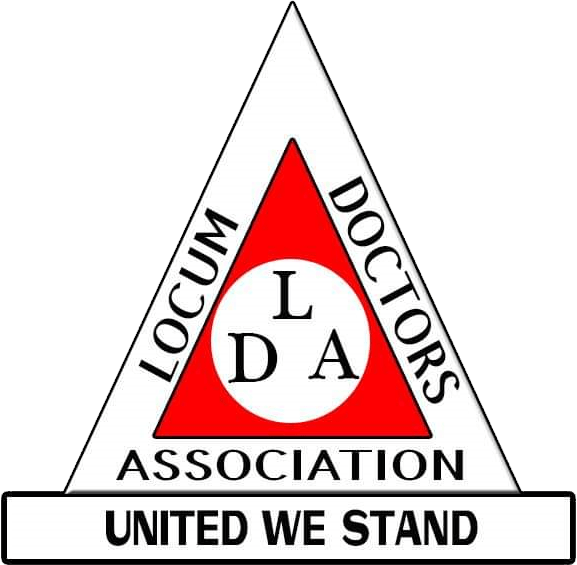Frequently Asked Questions
FAQs
- What type of locum contracts can I work?
There are three types of locum contracts : NHS, Trust and Agency. Each
has its pros and cons.
- Which is better salary-wise?
For training grade work an NHS contract currently pays far higher than agency rates. Under the new banding contract arrangements, NHS locum junior
doctors can backdate the pay increase to December 2000.
- Do I have to accept what I am offered?
No. You can negotiate everything. Market forces apply so do not sell yourself short.
- If an agency cancels at short notice what happens?
You can claim for the cancellation. The locum group pays £100 cancellation fees. There are small prints to consider.
- An agency contacted me about a locum post. Is this offer binding?
No. It's an invitation to treat. If you agree you will be forwarded to the hospital. Should the hospital want to take you, the agency will make you the
final offer. If you accept it then there is a binding agreement.
- Can LDA provide me with legal assistance?
Some legal advice and correspondence is available free. Anything further has to be funded by you. (A £40 subscription cannot buy expensive services, but we can point you in the direction of lawyers and bodies.)
- Can I get free help with my STA appeal or GMC hearing?
Only a certain amount of advice and tips. Assistance can be arranged but at a cost you would have to pay.
- I don't belong to any organisation. Why should I join the LDA?
- Doctors who nothing are isolated like Robinson Crusoe on a desert island. They first wake up when they are in trouble. No organisation will assist you for a problem that arose before the date you joined. You are like the owner of an uninsured house that has burned down, You are trying to buy an insurance policy after the destruction and expecting the company to retrospectively pay for the house with just one premium! This is impossible. We have seen many doctors' careers ruined. You should join us in advance to ensure there is someone to turn to.
- Prevention is better than cure. Most locums wake up too late. Problems are like cancer. They must be identified early and campaigned against before the disaster falls. The CCST is a good lesson here. LDA was founded in 1997. Calmanisation was introduced before that. Our views were not given since no other body represents our sincere interests. Our fight for mediated entry is against a brick wall solidly constructed. Before implementation it was much easier to influence the soft foundation material and have the wall built to suit our special needs. We are however making sure this does not happen again. Certainly not with revalidation.
- CCST is not the end of your problems. New plans seriously affecting your career will keep coming. Do not think that your problems will ever be over. We have to keep together for everything.
- What has LDA achieved so far?
LDA is only four years old. So far:
- The recognition of hospital locums as a valued group in the profession.
- Awareness of our needs and problems.
- The revalidation of locums (and everyone). The folder system is our idea.
- We have made the government aware of the wrongdoings of the STA and the colleges so that changes to PGME arrangements with reduction in College power is on the way. STA is to be abolished.
- Cancellation fee from agencies.
- A new word "LOCUMISM" has been coined and could be a violation of the Human Rights Act 1998.
- Representation of locums on national bodies for the first time ever.
- A CV guide.
- A Locum's charter.
- An induction pack. Introduction of induction for locums.
- Awareness of car parking problems in hospitals for locums and tokens to be provided with the keys.
- We gave evidence to CHI in their inquiry into the work of a locum doctor Dr James Elwood. CHI flagged up the less favourable treatment and poor working conditions faced by locums.
- We flagged up locums' problems in the House of Lords in 1999.















